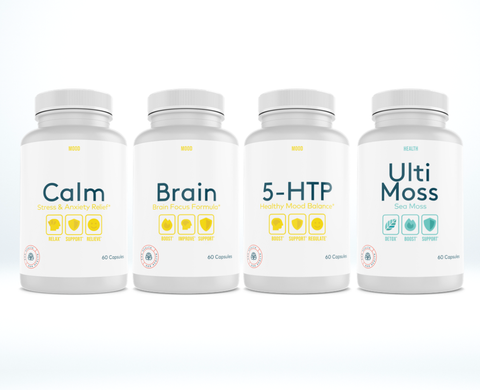How can you tell if you have brain fog?
Jennifer Friedman was looking forward to her date: she met someone at the gym, after many months of staying home, alone with her dog, and couldn't be more excited. The day was Saturday and it was nearly 6:00 pm - she had to leave in a few minutes. B
Before leaving her home in Miami Beach, she checked Google maps to locate the restaurant and sent the address to her phone.
Then, she walked down the stairs, opened the front door, unlocked her car and started driving.
Instead of going there, I went somewhere else. Sitting at the table for half of an hour, I wondered where her date was. My brain fog was really bad.”
It was not just a one-time thing. Jennifer suffered from frequent episodes of memory loss She'd often forget to make dinner, couldn't find the right words to describe things and was always late for school pickup. "I've never had any difficulties with this kind of thing before." “I was having trouble thinking clearly.”
Jennifer is one of the millions of Americans reporting a severe dent in cognitive functioning every year.
Brain fog isn't a medical condition per se, but it can be caused by various factors. It’s an umbrella term used for various conditions that can affect your thinking abilities. It might be hard for you to understand or express yourself clearly.
A person who has brain fog may feel less mentally sharp than normal. You might feel numb and tired, and daily activities may seem harder than usual.
Some examples of things people might do when they're suffering from brain fog include:
- Forgetting about a task they had been working on
- Taking too long to complete simple tasks
- Feeling often distracted
- Feeling exhausted when working
INSERT BANNER HERE AND LINK TO THE QUIZ.








